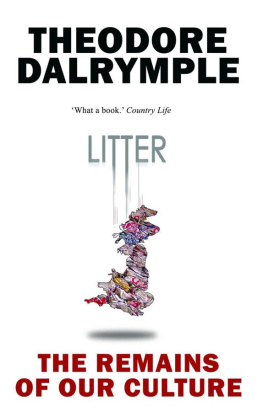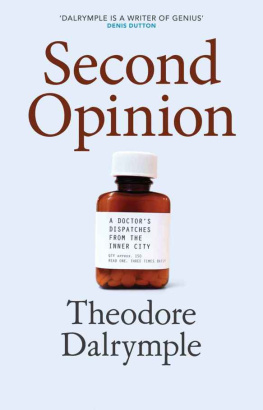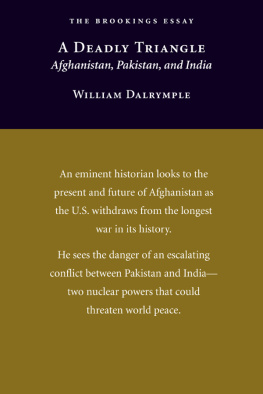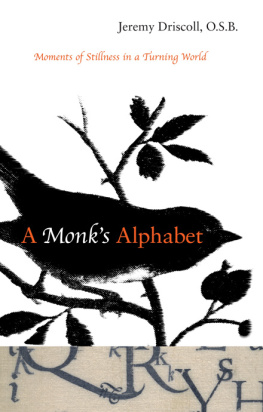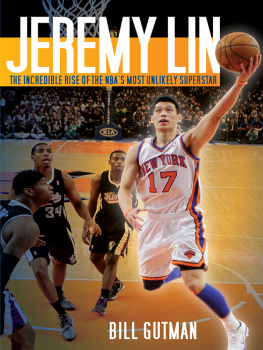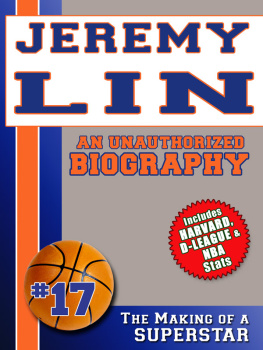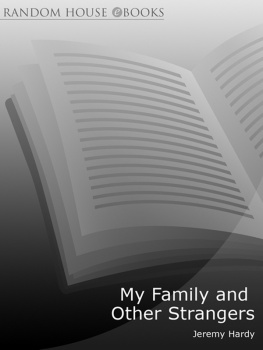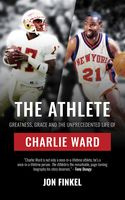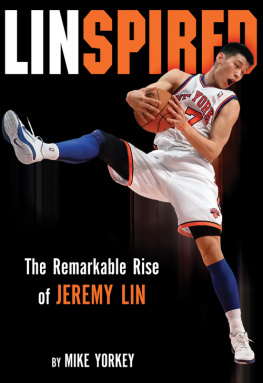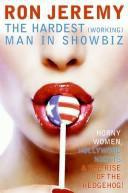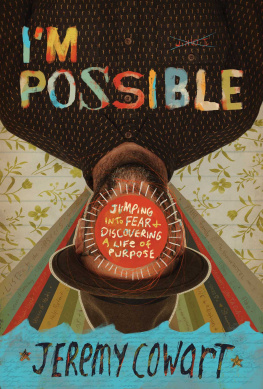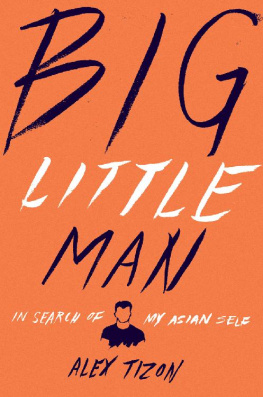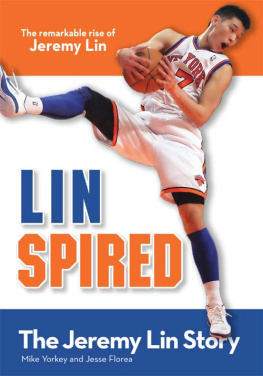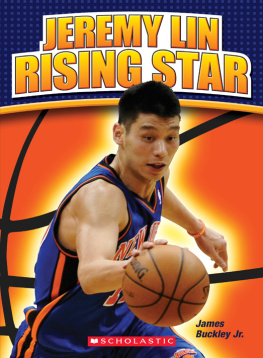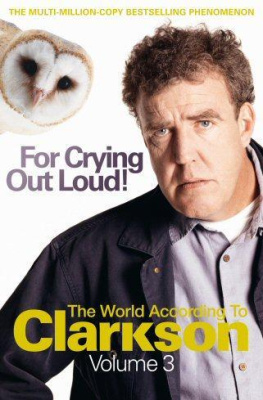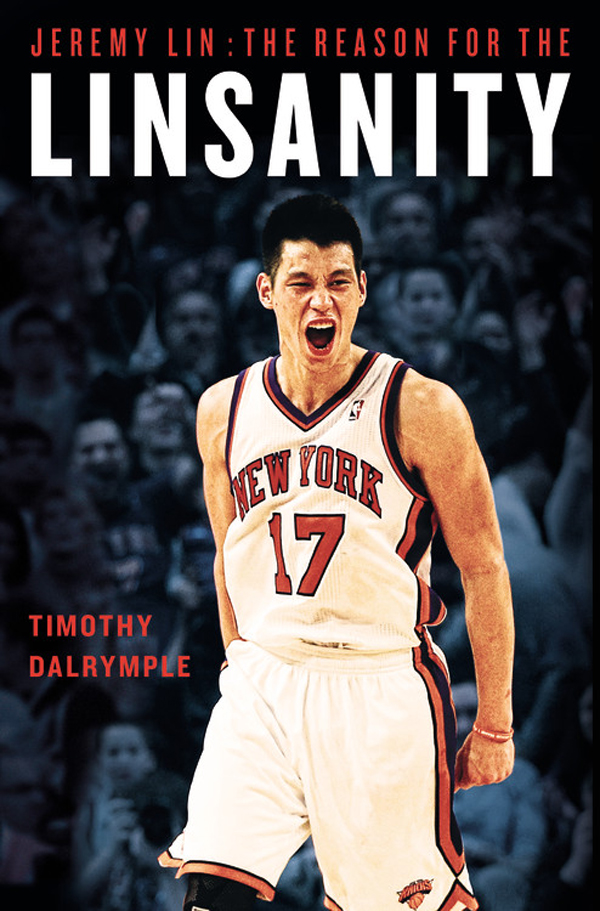In accordance with the U.S. Copyright Act of 1976, the scanning, uploading, and electronic sharing of any part of this book without the permission of the publisher constitute unlawful piracy and theft of the authors intellectual property. If you would like to use material from the book (other than for review purposes), prior written permission must be obtained by contacting the publisher at permissions@hbgusa.com. Thank you for your support of the authors rights.
Copyright 2012 by Timothy Dalrymple
All rights reserved. In accordance with the U.S. Copyright Act of 1976, the scanning, uploading, and electronic sharing of any part of this book without the permission of the publisher constitute unlawful piracy and theft of the authors intellectual property. If you would like to use material from the book (other than for review purposes), prior written permission must be obtained by contacting the publisher at permissions@hbgusa.com. Thank you for your support of the authors rights.
Center Street
Hachette Book Group
237 Park Avenue, New York, NY 10017
www.hachettebookgroup.com
www.twitter.com/centerstreet
First e-book edition: May 2012
Center Street is a division of Hachette Book Group, Inc.
The Center Street name and logo are trademarks of Hachette Book Group, Inc.
The publisher is not responsible for websites (or their content) that are not owned by the publisher.
The Hachette Speakers Bureau provides a wide range of authors for speaking events. To find out more, go to www.hachettespeakersbureau.com or call (866) 376-6591.
Photo Research by Laura Wyss, and Wyssphoto, Inc.
ISBN 978-1-4555-2393-1
W hen I first approached Jeremy Lin about an interview at the end of January 2010, I sent him a link to an article telling my own faith-and-sports story. As a fifteen-year-old in 1992, I won the all-around title in my age group at the junior national gymnastics championships. Several other national titles followed, including an NCAA team title with Stanford in 1995. The article explained how my Christian faith had been deepened through my experiences as a gymnast, how it had felt sometimes as though God were guiding my movements and I were a mere spectator, and how my triumphs were more humbling than my defeats because I was always keenly conscious of the thousand-and-one ways in which I might have lost, and so I always knew that my victories were complete and undeserved gifts.
My gymnastics career ended when I broke my neck in a fall from the horizontal bar shortly before the Olympic Trials in 1996. As I wrote in the article, however, if an angel stood before me with the offer to subtract from my life my gymnastics career and all its consequences, including the chronic pain I suffer to this day as a result of the injury, under the condition that I would also forfeit everything it had taught me and every way it had shaped me, I would not hesitate. I would say no. Those experiences were so deeply transformative that I hardly know who I would be apart from them.
I did not expect that Jeremy would actually read the article, but thats precisely what he did. He referenced it several times when we met for our interview a month later, prefacing several comments (though I mostly edited these out) with Like you wrote or Youll understand this
I was impressed by the honest thoughtfulness and tender sincerity of his faith. Jeremy too had suffered hardships as an athlete, and he too had found that disciplining your body, striving for excellence, and learning to rest in God in the midst of competition could be of great value for the spiritual life.
I followed his career from that point forward, and briefly interviewed him again after he signed with the Golden State Warriors. When I was asked whether I would write a book that reflected on Jeremys story, the opportunity seemed perfect, even providential. Since I grew up in the San Francisco Bay Area, attended college at Stanford, and took my Ph.D. at Harvard, our circles overlapped. Although the book had to be produced on an accelerated schedule, when I reached out to Jeremys friends and mentors (some of whom were my friends as well) I found them just as eager as I was to convey the story in a way that honors Jeremy, his family, and his faith.
If the book cover does not make it clear, I am not an Asian American. I look forward to seeing more Asian Americans reflect on Jeremys story and what it means for their community and culture. In the meantime, I am joined to Asian American communities by adoption, by marriage, by friendship, and by ministry, and the best I can do is consult with the experts and offer my perspective humbly.
This book, perhaps more than most, given the time frame, was a collective effort. Many thanks to all those who granted interviews on the record or on background, and to those who assisted in the research and writing processespecially my brother Douglas Dalrymple and sister Lisa Chow, my friends Kathy Tuan-MacLean and Patty Pan, and my interns Janelle Schmouder and David Ranzolin. I also thank those who shared thoughts on the themes of race, faith, and basketball, especially Michael Chang (in an earlier interview), Jon Chang, Amy Chua, Tony Dungy, Ken Fong, Tom Lin, Michael Luo, C. J. Mahaney, Eric Metaxas, Jerry Park, Jimmy Quach, Soong-Chan Rah, Tullian Tchividjian, and Kiki VanDeWeghe. Special thanks go to my agent, Chris Park, for her excellence and kindness, and to the Princeton Christian Church youth group of 19992002 (whom I served while in town for my masters degree) for inviting me into their Chinese American Christian youth culture.
Any shortcomings in the book are, of course, my responsibility and no reflection on those named above.
Rolf Zettersten and the team at Hachette Books have been fantastic. My efforts to complete this book in three weeks (as was required) have been matched by their efforts to accelerate the machinery of the publishing world and deliver a quality book to market swiftly and professionally.
Leo Brunnick and the stellar team at Patheos.com gave me freedom and encouragement in this task. My parents, Galen and Laurel Dalrymple, gave extensive help and support. My parents-in-law, Arthur and Caroline Koo, in addition to caring for my wife and children throughout the writing process, have taught me much over the years about the beauties of their Chinese heritage and their experience as immigrants from Taiwan. My brother-and sister-in-law, Ben and Jennifer Yin, have helped in ways tangible and intangible. And I wish to thank Jeremy Lin especially, and the One he honors so well in word and deed. Soli Deo gloria.
Finally, my everlasting gratitude to Joyce Shou-Fang Koo, unique and intricate, lovely in body and soul, who, in becoming Joyce Koo Dalrymple, brought love and joy into my life in deeper measure than I had ever imagined. For her long-suffering goodness to me, for her grace and her truth, and for caring so selflessly for our magnificent little girlsthis book, my first, is dedicated to her.
W hen the New York Knicks #17 came off the bench late in the first quarter against the New Jersey Nets on the first Saturday of February 2012, not a single person in Madison Square Garden could have predicted what was about to happen.
Jeremy Lin had a small but faithful following. Some supported him because they were fellow Harvard survivors, some because of his outspoken faith, some because of his ethnicity, some just because they loved his scrappy and fearless style of play. But they did not see this coming. No one did.
Even Jeremy himself had been tempted to despair of his NBA career. In his torturous rookie year with the Golden State Warriors, he had lost the joy of the game. In front of his hometown Bay Area crowd, it had seemed that the only times he left the bench were for demotions to the Developmental League. He wrote in his journal after Christmas in 2010 that he had lost his confidence and felt ashamed of his failure and humiliation. He even wrote on New Years Day, 2011, that he wished he had never signed with the Warriors. Perhaps, he thought, it had been a mistake to believe in the first place that he could succeed in the NBA.



